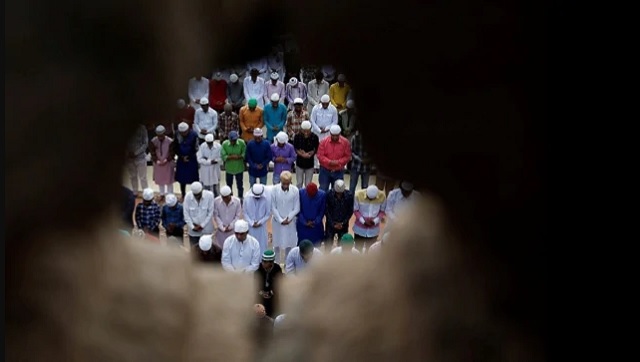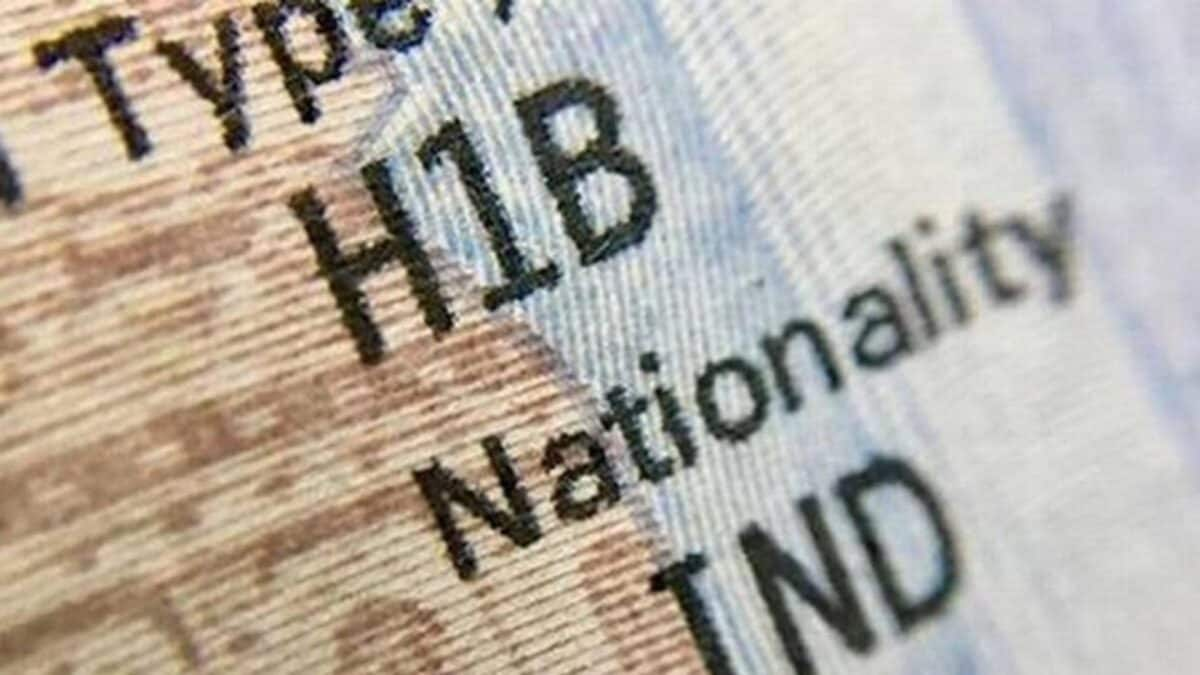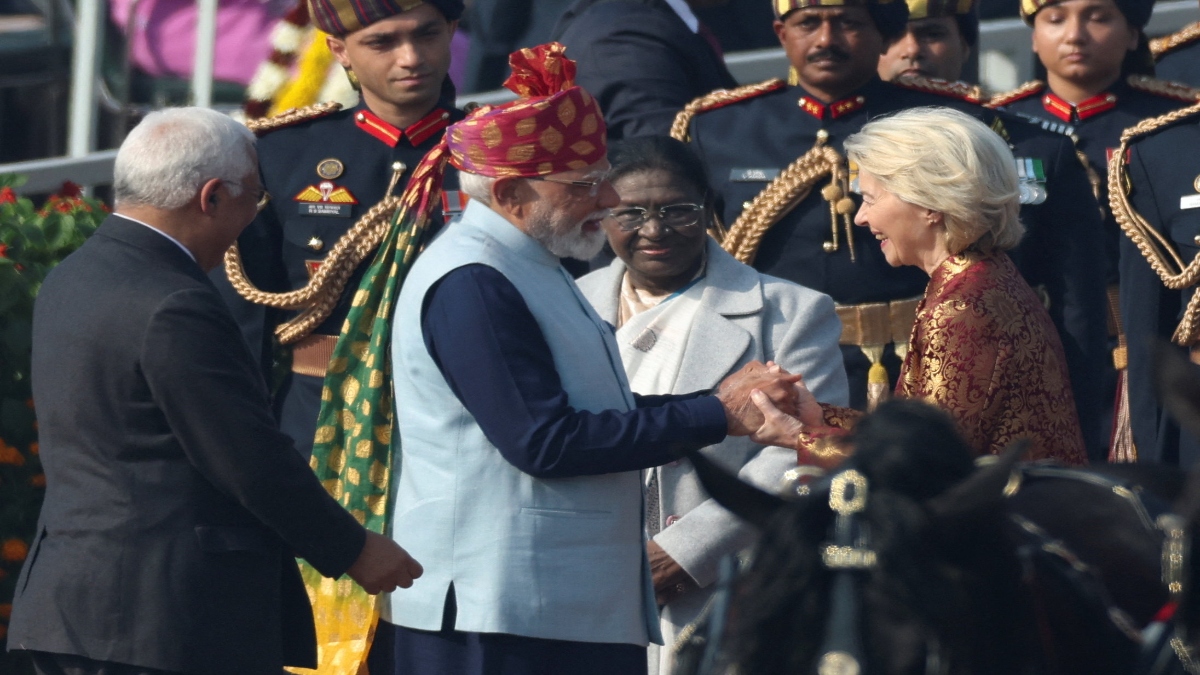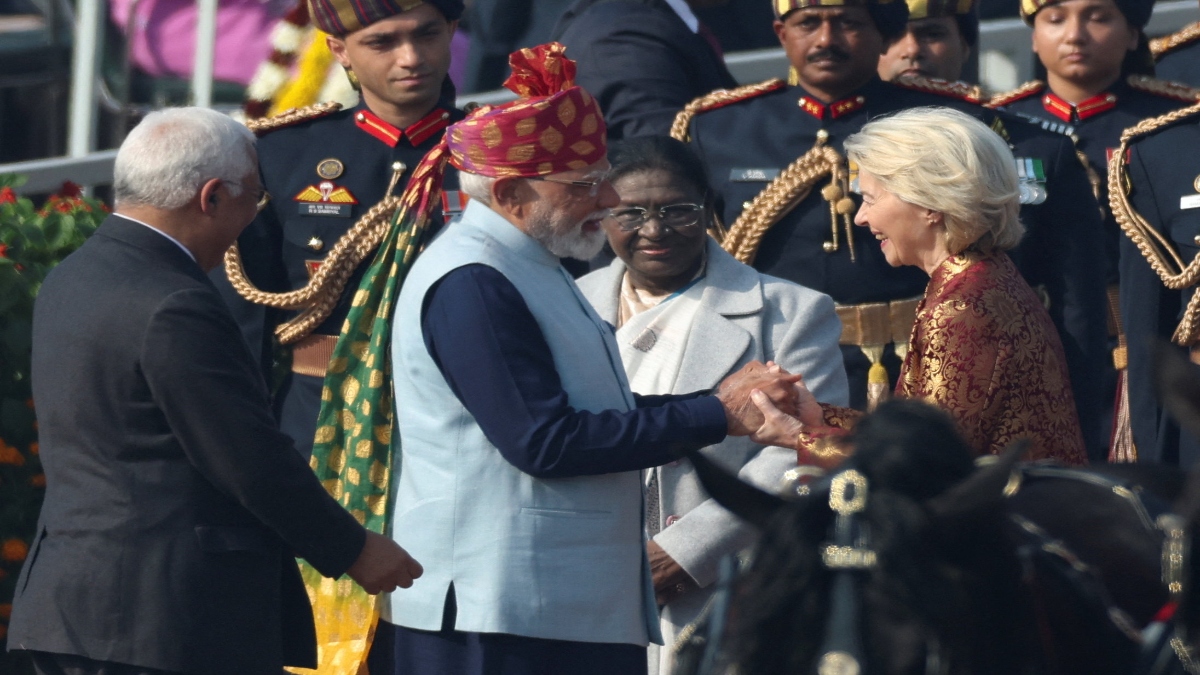The debate on having a Uniform Civil Code (UCC) in India has been reignited of late as the Gujarat government has expressed its intention to implement it. Earlier, the Uttarakhand government had also expressed the same intention. Further, in an affidavit filed on the issue of implementation of the UCC in October 2022, the Central government has also said: “This provision is provided to effect integration of India by bringing communities on the common platform on matters which are at present governed by diverse personal laws.
This Article [44] is based on the concept that in matters of inheritance, right to property, maintenance and succession, there will be a common law. Article 44 divests religion from social relations and personal law.” The affidavit further said, “Citizens belonging to different religions and denominations follow different property and matrimonial laws, which is an affront to the nation’s unity.” The matter is now likely to be referred to the 22nd Law Commission.
There have been several court judgements in the past favouring the implementation of the UCC. However, there continues to be stiff opposition to the implementation of the UCC by a section of radical Muslims as well as a number of Opposition parties including Congress Party**.** The Constitution lists the UCC among the ‘Directive Principles of State Policy’ under Article 44. The directive principles are basically a set of desirable objectives in the Constitution of Bharat. The critics of UCC often take refuge under the façade of protecting the spirit of the Constitution when they advocate for non-implementation of the UCC.
Why is it a façade? Because if we look at the debates of the Constituent assembly, it is clear that even its Muslim members advocated implementation of UCC with a caveat that it shouldn’t be done immediately. But in principle they were in its favour and just wanted it to be implemented after a reasonable time period. And it wouldn’t be wrong to say that after more than seven decades of implementation of our Constitution, it wouldn’t be unreasonable to assume that we, as a country and a society, have crossed this threshold of reasonable waiting period for implementation of UCC.
Quick Reads
View AllA look at the debates in the Constituent Assembly tells us that the spirit of our Constitution is violated by the non-implementation of UCC.
Muslim members in favour of UCC
Participating in a debate on the UCC on 23 November, 1948, Naziruddin Ahmad, a member of the Constituent Assembly said, “There are certain aspects of the Civil Procedure Code which have already interfered with our personal laws and very rightly so. But during the 175 years of British rule, they did not interfere with certain fundamental personal laws. They have enacted the Registration Act, the Limitation Act, the Civil Procedure Code, the Criminal Procedure Code, the Penal Code, the Evidence Act, the Transfer of Property Act, the Sarda Act and various other Acts. They have been imposed gradually as occasion arose and they were intended to make the laws uniform although they clash with the personal laws of a particular community. But take the case of marriage practice and the laws of inheritance. They have never interfered with them.
It will be difficult at this stage of our society to ask the people to give up their ideas of marriage, which are associated with religious institutions in many communities. The laws of inheritance are also supposed to be the result of religious injunctions. I submit that the interference with these matters should be gradual and must progress with the advance of time. I have no doubt that a stage would come when the civil law would be uniform.
Hussain Imam, another Muslim member of the Constituent Assembly also agreed in principle about the implementation of the Uniform Civil Code in near future as he said, “..When the whole of India has got educated, when mass illiteracy has been removed, when people have advanced, when their economic conditions are better, when each man is able to stand on his own legs and fight his own battles. Then, you can have uniform laws.”
***
Also Read
**Uniform Civil Code: BJP rushes to tick the third and final box** **Karnataka hijab controversy: Why Modi government should seriously think about Uniform Civil Code** **Uniform Civil Code: Why states can't legislate on this subject and why Goa example doesn't hold ground** **Amid Udupi hijab controversy, demand for Uniform Civil Code grows stronger** **Why it is right time to discuss and work towards a Uniform Civil Code, shorn of religious rhetoric** **After Uttarakhand and Uttar Pradesh, growing calls in BJP-ruled states for Uniform Civil Code: What does this mean for India?*****
However, there was a note of dissent from Mohamad Ismail Sahib who said, “The right to follow personal law is part of the way of life of those people who are following such laws; it is part of their religion and part of their culture. If anything is done affecting the personal laws, it will be tantamount to interference with the way of life of those people who have been observing these laws for generations and ages. This secular State which we are trying to create should not do anything to interfere with the way of life and religion of the people.”
Stalwarts in favour of UCC
KM Munshi, one of the stalwarts in the Constituent Assembly, strongly advocated the implementation of UCC as he tore apart the arguments of its critics. Munshi said, “A further argument has been advanced that the enactment of a Civil Code would be tyrannical to minorities. Is it tyrannical? Nowhere in advanced Muslim countries the personal law of each minority has been recognised as so sacrosanct as to prevent the enactment of a Civil Code. Take for instance Turkey or Egypt. No minority in these countries is permitted to have such rights. But I go further. When the Shariat Act was passed or when certain laws were passed in the Central Legislature in the old regime, the Khojas and Cutchi Memons were highly dissatisfied.
They then followed certain Hindu customs; for generations since they became converts they had done so. They did not want to conform to the Shariat; and yet by a legislation of the Central Legislature certain Muslim members who felt that Shariat law should be enforced upon the whole community carried their point. The Khojas and Cutchi Memons most unwillingly had to submit to it. Where were the rights of minorities then? When you want to consolidate a community, you have to take into consideration the benefit which may accrue to the whole community and not to the customs of a part of it. It is not therefore correct to say that such an act is tyranny of the majority.
If you will look at the countries in Europe which have a Civil Code, everyone who goes there from any part of the world and every minority, has to submit to the Civil Code. It is not felt to be tyrannical to the minority. The point however is this, whether we are going to consolidate and unify our personal law in such a way that the way of life of the whole country may in course of time be unified and secular. We want to divorce religion from personal law, from what may be social relations or from the rights of parties as regards inheritance or succession. What have these things got to do with religion I really fail to understand.”
If those who are still opposing the UCC aren’t satisfied by the arguments of Munshi, they need to go through what Dr BR Ambedkar said as he questioned the fundamental premises of arguments against UCC. Dr Ambedkar said, “My honourable friends (who opposed UCC) have forgotten, that, apart from the North-West Frontier Province, up till 1937 in the rest of India, in various parts, such as the United Provinces, the Central Provinces and Bombay, the Muslims to a large extent were governed by the Hindu Law in the matter of succession. In order to bring them on the plane of uniformity with regard to the other Muslims who observed the Shariat law, the Legislature had to intervene in 1937 and to pass an enactment applying the Shariat law to the rest of India. I am also informed… that in North Malabar the Marumakkathayam Law applied to all — not only to Hindus but also to Muslims. It is the Mussulmans, therefore, in North Malabar were up to now following the Marumakkathyam law. It is therefore no use making a categorical statement that the Muslim law has been an immutable law which they have been following from ancient times. That law as such was not applicable in certain parts and it has been made applicable ten years ago.”
Conclusion
In view of the debates in the Constituent Assembly as well as the judgements of various Bharatiya courts where they observed the urgent need to implement the UCC, we as a nation must have a closure on this long pending issue sooner than later, to have an equitable society.
The writer, an author and columnist, has written several books. He tweets @ArunAnandLive. Views expressed are personal.
Read all the Latest News, Trending News,
Cricket News, Bollywood News,
India News and Entertainment News here. Follow us on
Facebook,
Twitter and
Instagram.


)

)
)
)
)
)
)
)
)



